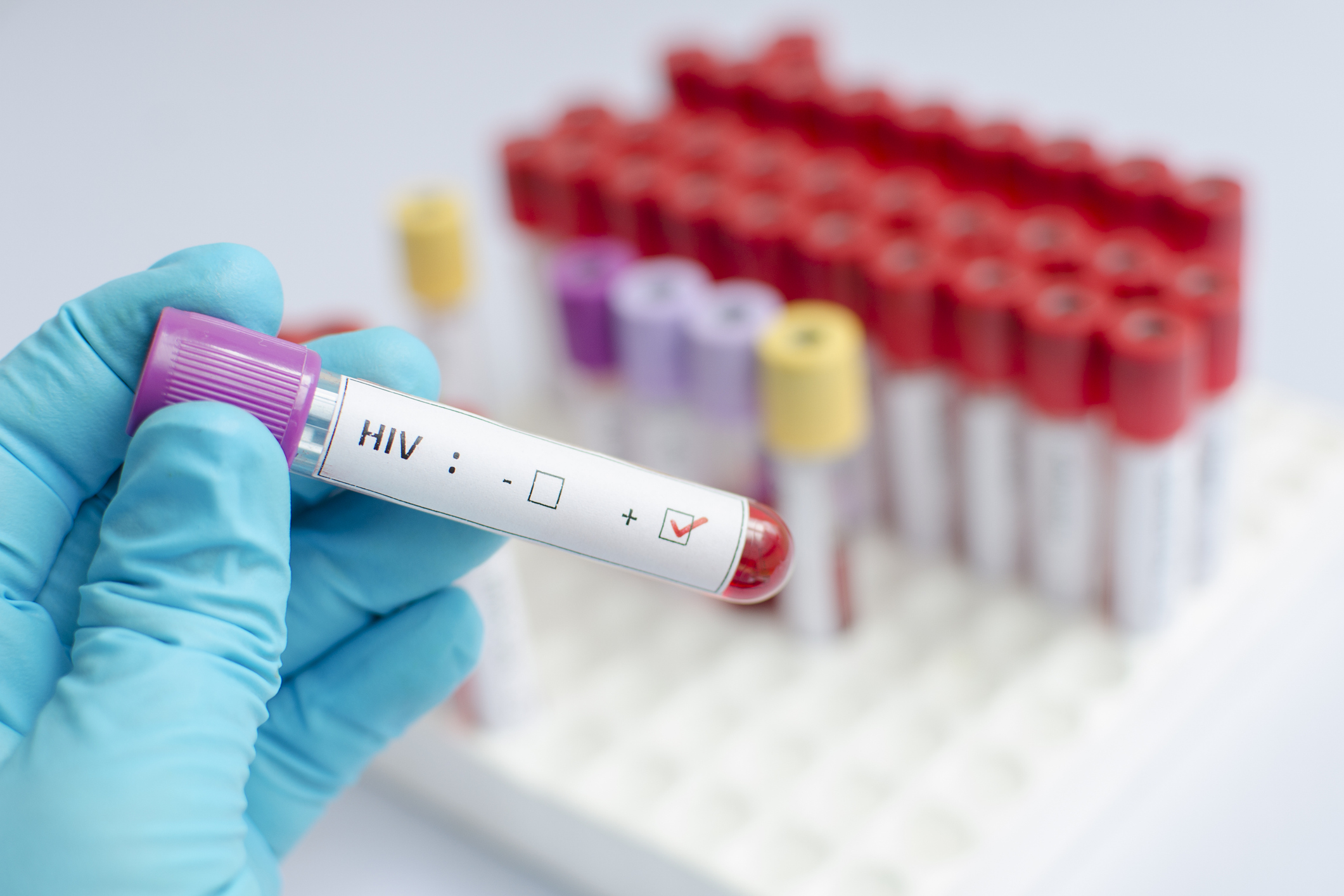2024-12-05
HIV and Dual Therapy: a promising step towards maintaining viral suppression
Infectiology
This study examines the efficacy and safety of a new dual therapy – the combination of Dolutegravir (DTG) + Emtricitabine (FTC) – as an alternative to triple therapy for maintaining viral suppression over 144 weeks.
Dual Therapies: A Step Towards Simplified and Personalized Treatments
A total of 188 patients on stable triple therapy with virological suppression were randomly assigned to two groups:- DTG + FTC;
- Continuation of "classical" triple therapy.
The study demonstrated comparable virological efficacy between the two treatments, with 87.1% of patients on DTG + FTC maintaining a viral load <100 copies/mL, compared to 81.9% on triple therapy. Additionally, CD4 gains were similar in both groups. In terms of safety, serious adverse events were less frequent in the DTG + FTC group (12.9%) than in the triple therapy group (18.1%), with overall similar tolerance and mild side effects such as headaches or respiratory infections. Both groups also reported high quality-of-life scores (>80/100), indicating overall satisfaction with the treatments.
Towards Optimizing HIV Treatments
The results of this study confirm that DTG + FTC dual therapy is an effective and safe alternative to triple therapy for maintaining virological suppression, with excellent tolerance. This approach offers several advantages: a simpler management process, reduced treatment burden for patients, and better adaptation of treatments to the specific needs of patients, taking into account comorbidities and individual contexts.Dual therapies, by combining efficacy, safety, and simplicity, represent a promising new pathway for improving HIV care. They address the needs of patients while meeting the constraints of healthcare systems, paving the way for better outcomes and more sustainable solutions.

Last press reviews
Aromatherapy in patients with cancer: hope for anxiety, but not for depression?

By Lila Rouland | Published on December 31, 2025 | 3 min read<br>
Emerging influenza threat: the rapid rise of A(H3N2) subclade k in Europe

By Carolina Lima | Published on Décember 30, 2025 | 3 min read
Combined exercise: a winning strategy for post–breast cancer cardiorespiratory fitness

By Lila Rouland | Published on December 29, 2025 | 3 min read<br>